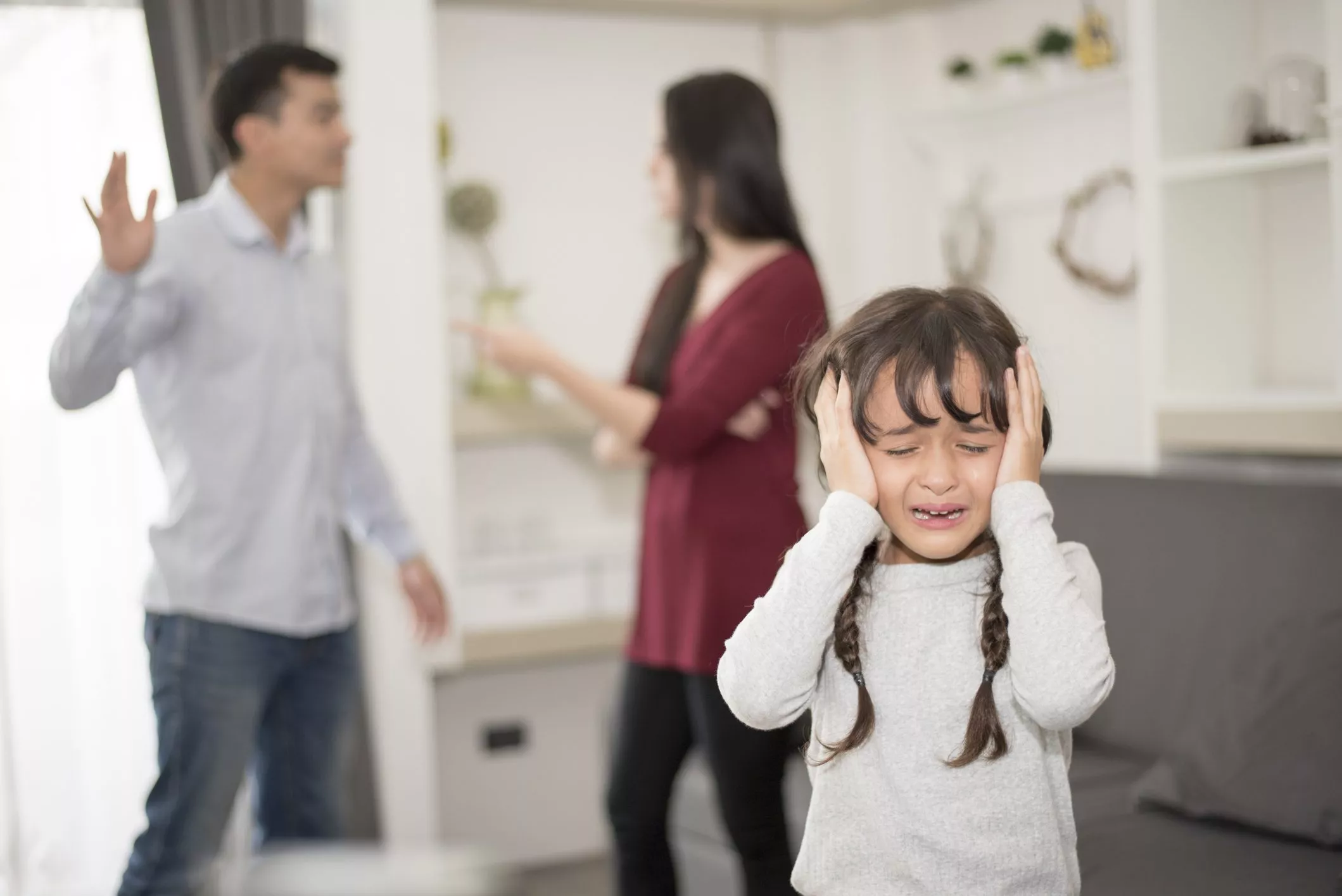 Divorce is a trying time for every member of the family. For kids, parents separating can be devastating. The initial response to the news can be one of shock, anger, sadness, withdrawal, or a combination of many different emotions. However, there are things parents can do to help their children during divorce.
Divorce is a trying time for every member of the family. For kids, parents separating can be devastating. The initial response to the news can be one of shock, anger, sadness, withdrawal, or a combination of many different emotions. However, there are things parents can do to help their children during divorce.
What Are Five Tips for Helping Kids During Divorce?
Many factors contribute to how a kid reacts during a divorce. It will depend of course on their personalities. Other factors include their age, the reason their parents are getting a divorce, and the amount of time the child gets to spend with each parent.
No matter what the situation, a divorce creates significant changes for a kid. It means they usually will not be seeing one of their parents every day anymore. The child will most likely now have two homes, meaning major disruption in their daily lives. They also have to tell their friends about their new situation, which can be both awkward and embarrassing. The following tips can help a child survive and even thrive during divorce.
1. Avoid Negativity
One of the most important things parents can do during divorce is to try to avoid negativity as much as possible. Divorce brings up a lot of emotions in adults, including rage, frustration, and depression. It is essential to shield children from these negative emotions as best you can.
During a divorce, it is only natural to have negative feelings towards your former spouse. One crucial thing for parents to remember is not to talk negatively about the other parent in front of the child. Don’t tell them bad things about their father or mother, and don’t have a conversation with someone about your relationship in front of your child.
Also, do not put children in adverse situations such as forcing them to choose between parents, or withholding visitation because you are angry with the other parent. These tactics unfairly put a child in the middle of the negativity.
2. Minimize Conflict
Along the same lines, divorcing parents should keep the children out of the conflict. Be mature and deal with each other directly, out of sight and earshot of your children.
Parents should never:
- Argue in front of their child or children.
- Ask a child to spy on the other parent.
- Send documents or messages to the other parent through the child
3. Co-Parent
Both parents should continue to be active and involved in their children’s lives. Parents should operate with the same sets of rules for the child and the same expectations. Children need to know they can still rely on both of their parents, and it is reassuring when they see them working together.
Decisions about the child’s schooling and medical issues need to be made jointly if the parents have legal joint custody. The more parents can cooperate and be on the same page, the easier the divorce is on the kids.
4. Keep Up The Routine
Divorce brings enough changes on its own. Don’t add to the upheaval by making major adjustments in a child’s schedule. Activities, sports, lessons, and the like all should continue as usual.
Parents should also avoid any significant changes in discipline and habits. Although guilt over the divorce can cause parents to want to relax the rules, it is better not to change household expectations. Kids will appreciate limits and structure during this time, even if they don’t express it.
If possible, Mom and Dad should try to see beyond their differences and keep some, if not all, family traditions in place. Holidays can be an especially stressful time for divorced families, and the more parents can do to keep things consistent for the kids, the better.
5. Be Honest
Keeping the truth from your child helps no one. When kids talk to you about their feelings about the divorce, it can be tempting to try to protect them from the facts. In reality, answering their questions honestly is the best policy. You may not have all the answers immediately, and that’s ok. Also be honest about not knowing. Tell kids you’re working on it and you will have a response as soon as you can. Kids may ask questions like:
- Where will I live?
- Where will I spend my birthday?
- Will I have to change schools?
- Will I still be able to be on the soccer team?
Reassure children that their feelings are valid and legitimate. Younger children may need help putting their questions into words. Give them time and let them know that you will be giving them honest answers, whether they are feeling happy or sad.
Also, remember not to rely on your children for your emotional support during this challenging time. A licensed therapist or counselor is an excellent idea for both kids and adults.
If you want to know more about helping kids during divorce, contact our offices. Our experienced attorney can guide you through every step of the way.


 CALL US NOW
CALL US NOW









